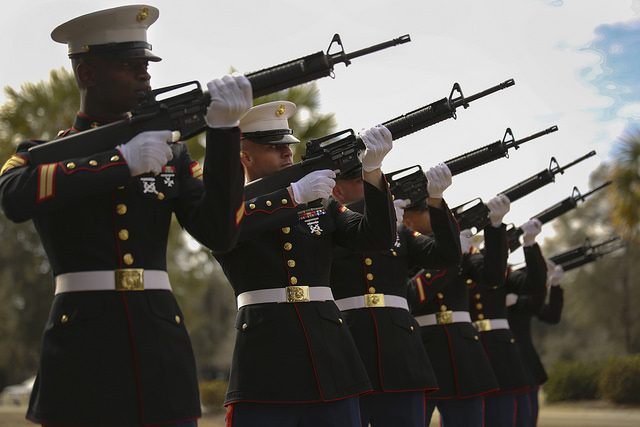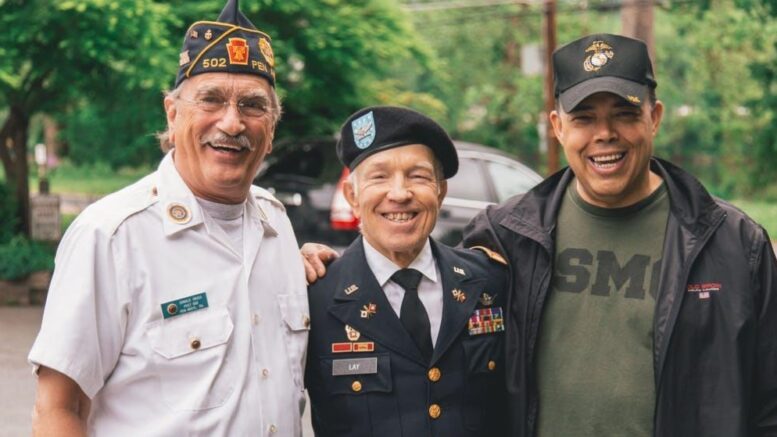PTSD is an underreported and underdiagnosed mental health disease that some military veterans may experience. Around 13% of veterans have PTSD.
The prevalence of PTSD varies depending on several factors. Some of these include: the era the veteran served in, the type of deployment (if any), and the type of trauma experienced.
PTSD is not a one size fits all disease, and not all veterans will have PTSD. This article will identify several factors contributing to why a veteran might be diagnosed with PTSD.
Infographic provided by Veteran Car Donations, a top company for Florida car donations
The Deployment Era
Veterans who served in an era with a particularly violent, political, and intense war are more likely to suffer PTSD than others. The deployment era that has seen the highest percentage of veterans that have PTSD is the Vietnam War.
The Vietnam War was intense, grueling, and required many traumatic and unpredictable tactics such as guerrilla warfare and hand-to-hand combat. Not only were soldiers waging war in Vietnam, but they were also facing opposition and stigma at home.
In a sense, the war never stopped for some veterans. Instead of being greeted with love and support upon their return to the US, many veterans returned home to abuse, hatred, and divisive conflict. If there was little to no support in a Vietnam War Veterans home life, it was unlikely that they felt comfortable seeking mental health help.
There was also a lack of mental health support during the Vietnam War. Mental health and PTSD were not as talked about or studied at the time of the Vietnam War as they are today. Many veteran mental health services were not as robust and available.
With a lack of understanding of PTSD and its causes, effects, and treatments, many Vietnam Veterans were not able to seek support for PTSD, forcing veterans to struggle with and neglect their PTSD symptoms.
Many soldiers in Afghanistan and Iraq did not serve in direct combat roles, which reduced their involvement in traumatic experiences that contribute to PTSD.
In contrast, a study found that 11 to 20 percent of veterans of the Afghanistan and Iraq Wars have PTSD. This reduced number is likely due to improved mental health support and different deployment experiences.
The type of war and the type of combat soldiers are required to participate in can contribute to why some veterans get PTSD and others don’t.

The Support System
Another factor that contributes to why some veterans get PTSD and others don’t is the support system or lack of support system. Veterans with a strong support system are typically less likely to develop PTSD.
When veterans have a safe space to share their experiences and process their emotions, they can work through any negative emotions stemming from that traumatic experience and avoid developing PTSD.
It is important to connect veterans with those who have experienced similar traumatic experiences to share and process their feelings about the traumatic incident. Your local VA office is great for connecting with other veterans or mental health professionals.
Mental Health History
A third factor contributing to why some veterans get PTSD and others don’t is their mental health history. Veterans with a history of depression, anxiety, and other mental health disorders are more likely to develop PTSD from witnessing a traumatic event.
People who suffer from depression and anxiety have a harder time dealing with the aftermath of stress. Stress and difficulty processing a traumatic event are often the culprits for PTSD symptoms.
There isn’t one answer to why some veterans get PTSD and others don’t.
It is a combination of factors that make up a veteran’s PTSD diagnosis.
We hope this article gives you insight into why some veterans have PTSD while others don’t. If you think you are suffering from PTSD symptoms, please seek help. PTSD is curable, and there are mental health professionals who specialize in veteran PTSD available to help. Visit VA.gov to find a mental health professional near you.
